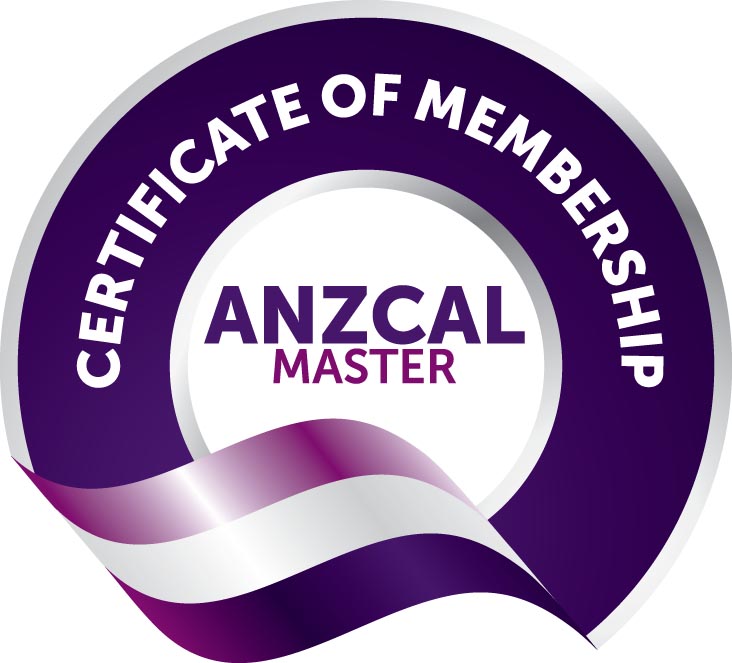As an early childhood educator, personal leadership and motivation are essential for finding a sense of passion and purpose in the profession. Early childhood education is a challenging but rewarding field that requires dedication, creativity, patience, and compassion. It also has a significant impact on the development and wellbeing of young children. Therefore, finding one’s passion and purpose as an early childhood educator can help one to overcome difficulties, enhance performance, and make a positive difference in the lives of others.
It helps to clarify exactly what is implied by these inter-connected concepts i.e.: personal leadership, motivation, passion and purpose.
- Personal leadership is the ability to lead oneself towards a desired vision or goal. It involves self-awareness, self-regulation, self-motivation and self-development.
- Motivation is the force that drives one to act and pursue one’s goals. It can be intrinsic (coming from within) or extrinsic (coming from external rewards or pressures).
- Passion is a strong and positive emotion that one feels towards something that one loves or enjoys.
- Purpose is a sense of meaning and direction that one has in life.
How can you find your passion and purpose as an early childhood educator?
Here are some strategies that can help:
1. Reflect on your strengths, values, interests, and goals.
Use self-assessment tools such as personality tests, values inventories or strengths finders to identify your unique characteristics and preferences. Also ask yourself questions such as: What do I enjoy doing? What am I good at? What do I care about? What do I want to achieve? By reflecting on your strengths, values, interests and goals, you can discover what makes you happy and fulfilled in the profession (Andersen & Nielsen , 2016).
2. Seek feedback and learning opportunities.
Seek feedback from others such as colleagues, mentors, supervisors, parents or children to gain insights into your own performance, skills and areas for improvement. Seek learning opportunities such as workshops, courses, webinars, books or podcasts to expand your knowledge and skills in the field. By seeking feedback and learning opportunities, you can improve your own level of competence and confidence as an early childhood educator (Dweck et al., 2014).
3. Align your goals with your values and strengths.
Set SMART goals that are specific, measurable, achievable, relevant and time-bound. Remember to align your goals with your values and strengths to ensure that they are meaningful and motivating for you. For example, if you value creativity and have a strength in music, set a goal to incorporate music activities into your curriculum planning. By aligning your goals with your values and strengths, you can pursue ‘what matters most’ to your own professional growth within the profession of teaching. This ripple effect creates improved outcomes for children (Haimovitz & Dweck, 2017).
4. Serve a cause greater than oneself.
Serve a cause greater than yourself by contributing to the wellbeing of others or society through your work. For example, you are serving a cause greater than yourself when you support children’s development; promote diversity and inclusion; advocate for quality education; or participate in community projects. By serving a cause greater than yourself, you can create a sense of significance and direction in the profession (Seligman et al., 2012).
To conclude, personal leadership and motivation are key factors for finding your passion and purpose as an early childhood educator. This deeper self-awareness also helps to cope with challenges, enhances performance and through the ripple effect, makes a positive difference in the lives of others.
To summarise, the key points to discovering your own passion and purpose in the profession is achieved through:
- reflecting on your strengths, values, interests and goals
- seeking feedback and learning opportunities
- aligning your goals with your values and strengths
- serving a cause greater than oneself
© Gaynor Clarke, August 2023
Gaynor Clarke
B.Ed (Teaching), Cert Tertiary Teaching, PGDip Ed, MEd Leadership
Reach. Teach. Lead.
Reach Education Ltd
Teacher Leadership Mentoring and Life Coaching. Personal and Professional Development.
Gaynor is a teacher educator and mentor facilitating personal & professional leadership wellbeing outcomes for teachers.
If you are an early childhood teacher or leader looking to enhance your leadership skills, I would love to work with you. As a leadership mentor and coach, I specialize in helping early childhood educators develop their leadership potential and make a positive impact for the ākonga they serve. If you are interested in learning more about my leadership mentoring services, please visit my website or contact me directly to schedule a consultation. I would love to work with you!
References
Andersen SC & Nielsen HS (2016). Reading intervention with a growth mind-set approach improves children’s skills. Proceedings of the National Academy of Sciences 113(43): 12111–12113.
Dweck CS et al. (2014). Academic tenacity: Mindsets








Leave a Comment
You must be logged in to post a comment.